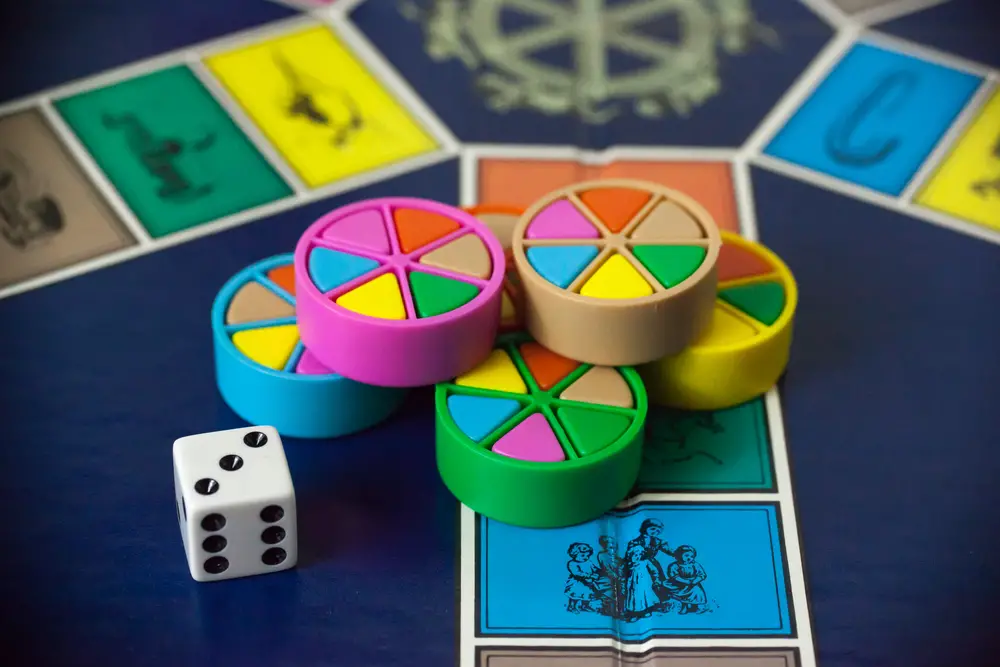On December 15, 1979, two Canadians created one of the most popular games of all time, Trivial Pursuit. The game was invented by Chris Haney, a photo editor at the Montreal Gazette and a high school dropout, and Scott Abbott, a sports editor for The Canadian Press.
The two men were sitting at Haney’s kitchen table playing Scrabble when they decided to make their own board game. They came up with a new game in 45 minutes and drew out the familiar wagon wheel game board on a napkin. They also came up with the game pieces called pies or wedges representing a particular trivia category.
Haney moved to Spain with his wife after quitting his job in 1980 and researched 6,000 questions for the game. The game’s original title was even going to be “Six Thousand Questions.” Haney and Abbott were able to secure funding for their new game from 30 investors in $1,000 shares and later found a manufacturer for the game. On November 10, 1981, the game was released and distributed in Canada.
Debut sales of the game in Canada were slow, and it cost $75 to make while it only sold for $15. It wasn’t until the game got a boost from a marketing consultant named Linda Pezzano that it began to take off. Pezzano sent it to celebrities and began to hold game sessions in bars and restaurants, which got the word out about the game. By 1984, 20 million copies of Trivial Pursuit had been sold, and the game became a worldwide hit.
Trivial Pursuit has sold 100 million copies around the world since its inception. The rights to the game were first held by the game manufacturer Selchow and Righter and bought by Parker Brothers in 1982. Hasbro purchased the full rights to the game in 2008 for $80 million. There are 42 editions of the game, and it has been translated into 17 languages.
Bonus Trivial Pursuit Facts
The game had some legal trouble in 1984 when Fred L. Worth, the author of The Trivia Encyclopedia, Super Trivia, and Super Trivia II, filed a lawsuit against the distributors of Trivial Pursuit for $300 million.
He claimed that a quarter of the questions from Trivial Pursuit had been taken from his books. The lawsuit was based on questions and answers that had been used in Trivial Pursuit that were deliberate errors in Worth’s books made to catch copyright violators.
The court ruled for the defendants who argued that facts are not protected by copyright. The decision was appealed to the Ninth Circuit United States Court of Appeals in September 1987, who upheld the lower court’s ruling, and the Supreme Court declined to hear the case a year later.
Another lawsuit, this time in Canada, was filed by David Wall in 1994, who claimed that he and a friend were hitchhiking near Sydney, Nova Scotia, in 1979 and were picked up by Chris Haney. Wall stated that he told Haney that he had an idea for a game that became Trivial Pursuit.
Haney said he never met Wall, but Wall’s mother testified that she saw drawings that resembled the Trivial Pursuit game though they had been destroyed. Wall’s hitchhiking partner also never testified. The case bounced around for years until the Nova Scotia Supreme Court ruled against Wall in 2007.
Sources: Inc., NY Times, Thought Co, Antique Trader


